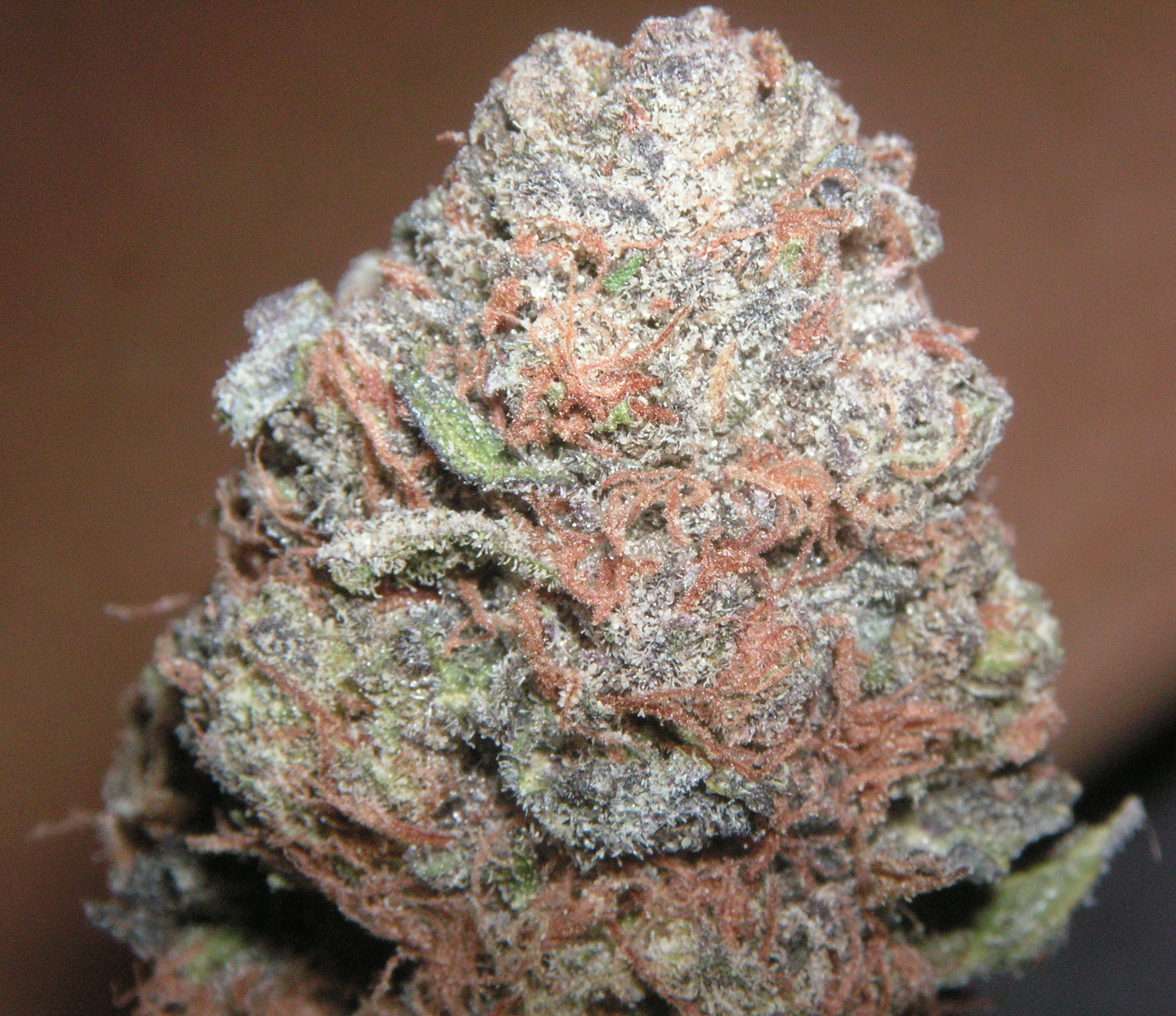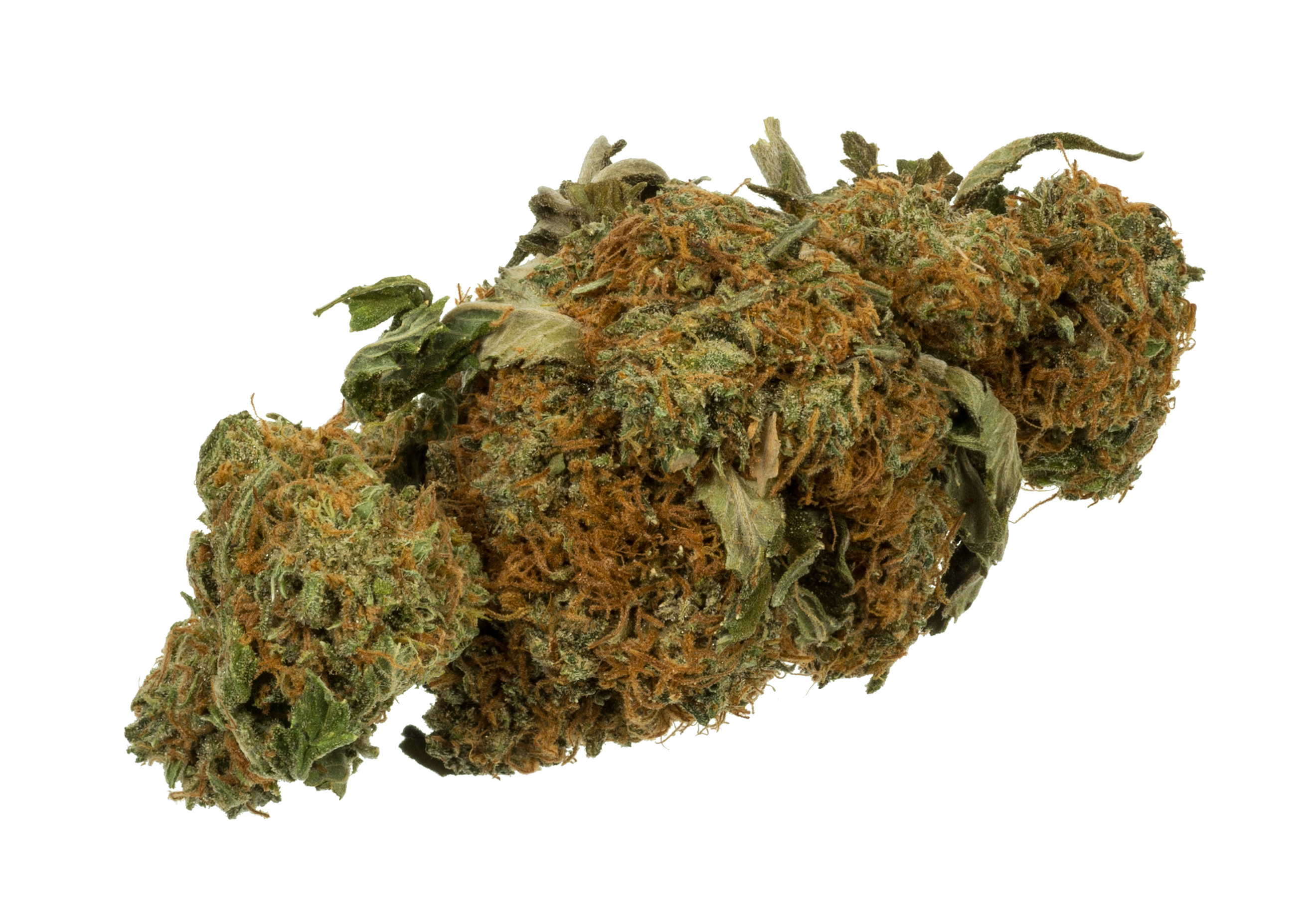From time-to-time proponents of marijuana legalization throw out some fuzzy statistics claiming no one has ever died from marijuana.
Case-in-point, earlier this month a group in Arkansas advocating major changes in our state’s marijuana laws tweeted the following:
Alcohol kills 88,000/year in the U.S. It’s not even a medicine. No one has died from cannabis—ever. @TomCottonAR #GetEducated #arpx #arnews
— AR Compassion (@arcompassion) March 12, 2015
“No one has ever died from cannabis.” Let’s investigate this claim.
Unpacking the Statistics on Alcohol and Marijuana
In the tweet above, Arkansans for Compassionate Care is apparently citing a statistic from the Center for Disease Control on the number of deaths from alcohol every year (88,000, on average). If we read how the CDC arrived at that figure, we see it was by calculating the number of alcohol-related accidents and health problems.
In other words, it isn’t simply that 88,000 people die from blood alcohol poisoning (which some might describe as an “alcohol overdose”) each year. Alcohol is contributing to the deaths of about 88,000 people each year in the form of heart and liver problems, car crashes, and so on.
These are what the CDC calls “alcohol attributable deaths” (you can see a full list of them here). They are deaths cause by something that was a direct effect of alcohol use.
So let’s take a look at marijuana-attributable deaths. Has marijuana really never killed anyone, as so many of its proponents claim?
Kevin Sabet with Smart Approaches to Marijuana did an interview with The Daily Signal last year in which he took the claim to task, saying,
“Saying marijuana…has never killed anyone is like saying tobacco has never killed anyone. Nobody dies from a tobacco overdose. You can’t smoke yourself to death. And yet nobody would dispute that tobacco causes death. … You die from lung cancer–you don’t die from smoking. You die from what smoking did to your lungs, which is a direct effect from smoking. And so in that same way marijuana does kill people in the form of mental illnesses and suicide, in the form of car crashes. … You can’t say marijuana doesn’t kill.”
You can watch the entire interview segment below.
Marijuana-Attributable Deaths
A little research reveals news articles, police reports, and academic studies on a number of marijuana-attributable deaths:
- December, 2014: The National Institute on Drug Abuse updated its marijuana research paper, saying, “Marijuana is the illicit drug most frequently found in the blood of drivers who have been involved in accidents, including fatal ones,” and citing research that marijuana is increasingly detected in fatal vehicle accidents.
- December, 2014: Oklahoma authorities reported a man with marijuana both in his system and on his person drove into oncoming traffic, crashing into another vehicle and killing its driver.
- May, 2014: A study published by the University of Colorado School of Medicine found that, “the proportion of marijuana-positive drivers involved in fatal motor vehicle crashes in Colorado has increased dramatically since the commercialization of medical marijuana in the middle of 2009.”
- April, 2014: A 47-year-old Denver man allegedly shot his wife while she spoke with a 911 dispatcher over the phone. According to various reports, the wife called 911 after her husband consumed candy laced with marijuana and began hallucinating and frightening the couple’s children. Some sources indicate the man may have taken prescription drugs with the marijuana. CBS News reports that 12 minutes into the call with 911, the wife “told dispatchers her husband was getting a gun from a safe before a gunshot sounded and the line went quiet.” The marijuana candy had, apparently, been purchased a licensed shop in the Denver area.
- April, 2014: Researchers writing in the Journal of the American Heart Association investigated marijuana’s effects on cardiovascular health. They reviewed 1,979 incidents from 2006 to 2011, and found, “there were 22 cardiac complications (20 acute coronary syndromes), 10 peripheral complications (lower limb or juvenile arteriopathies and Buerger‐like diseases), and 3 cerebral complications (acute cerebral angiopathy, transient cortical blindness, and spasm of cerebral artery). In 9 cases, the event led to patient death.” (Emphasis added).
- March, 2014: A 19-year-old college student jumped to his death after eating a marijuana-laced cookie purchased at a licensed marijuana store in Colorado. Reports indicate the man began shaking, screaming, and throwing objects in his hotel room after eating the marijuana “edible.” He ultimately jumped over the fourth-floor railing, into the lobby of the hotel at which he was staying. According to CBS News, the autopsy report listed marijuana as a “significant contributing factor” to his death.
- February, 2014: researchers from Germany determined the deaths of two apparently-healthy, young men were in fact the result of marijuana. According to their article published in the journal Forensic Science International. Researchers concluded, “After exclusion of other causes of death, we assume that the young men died from cardiovascular complications evoked by smoking cannabis.”
- November, 2013: Seattle news outlets reported an elderly Washington resident was killed after a neighbor’s apartment exploded as a result of a hash oil operation. Hash oil is a highly-potent extract produced from marijuana using flammable chemicals such as butane.
- June, 2013: A 35-year-old Oregon man died as a result of an explosion and fire caused by a hash oil operation he and a friend were conducting in a garage.
- October, 2011: The Office of National Drug Control Policy released a report analyzing traffic accidents from 2005 – 2009. The report noted, “Among fatally injured males who tested positive for drugs, 28 percent tested positive for cannabinoids compared with 17 percent of females,” and that, “Cannabinoids were reported in 43 percent of fatally injured drivers under age 24 who tested positive for drugs.”
- 2004: A study in the official journal of the American Academy of Pediatrics examined case studies of three otherwise-healthy adolescent boys who were admitted to hospitals due to stroke following heavy marijuana use; two of the boys ultimately died, and the study concluded marijuana may cause stroke and death.
These are just a few reports on deaths linked to marijuana. According to well-publicized FOIA responses, from 1997 to 2005 the FDA recorded 279 marijuana-related deaths–long before Colorado voters decided to legalize the drug.
We have brought up many of these statistics before in our discussions on marijuana. Each time we did, marijuana supporters tried to evade by arguing that marijuana hasn’t caused as many deaths as other drugs. However, there is a world of difference between claiming marijuana has never killed a single person and claiming marijuana has not killed as many people as other substances.
Emergencies Caused by Marijuana
Besides death, marijuana has caused or contributed to many well-documented emergencies. Some of these emergencies easily could have resulted in death or serious injury.
Here are just a few examples of emergency situations caused by marijuana:
- March, 2015: Four high school students were hospitalized after eating brownies laced with marijuana hash oil. One student was actually found unresponsive in a school bathroom after eating a marijuana-laced brownie.
- February, 2015: A 20-month-old Canadian toddler overdosed after eating a marijuana-laced cookie authorities say his father baked. The child survived, but suffered seizures and had to be admitted to a hospital.
- February, 2015: News outlets report guests at Colorado hotels often leave unused food and beverages as tips for housekeeping staff. However, with the legalization of marijuana–and marijuana-infused foods–in Colorado, some guests are leaving marijuana edibles behind. One Breckenridge hotel employee reported accidentally overdosing when she ate a candy she did not realize was laced with marijuana.
- February, 2015: An explosion occurred at an Arizona apartment complex. Witnesses indicated one of the people involved in the explosion was attempting to extract hash oil from marijuana using butane.
- January, 2015: News outlets in Oregon reported a woman overdosed after she ate three gummy candies laced with marijuana.
- December, 2014: A high school teacher in Maryland was hospitalized after a student gave her a brownie containing marijuana.
- December, 2014: Two middle school students in Oklahoma were rushed to the hospital after one of them reportedly passed out following marijuana-use at school.
- November, 2014: A Connecticut teen was taken to the hospital from school after she started having difficulty breathing following ingestion of a marijuana-laced gummy bear.
- June, 2014: According to The Aspen Times, a seven-year-old girl was taken to the hospital after eating marijuana-laced candy her mother brought home from work at an area hotel. The candy was left by a hotel guest–presumably as a tip.
- March, 2014: A Colorado man attempting to extract hash oil from his marijuana was taken to the hospital after the butane used to extract the oil ignited.
- December, 2013: A two-year-old in Colorado overdosed and was hospitalized after eating a cookie laced with marijuana. News outlet indicate the girl found the cookie in the yard of an apartment complex.
Recurring Themes: Kids and Accidental Overdoses
A recurring theme in many of these news stories is that children and teens are becoming severely ill after ingesting marijuana-laced food (often referred to as “edibles”).
In July of 2013, researchers writing in JAMA Pediatrics determined accidental ingestion of marijuana by young children is on the rise and carries serious risks.
The greatest dangers appear to be toddlers and young children who accidentally find cookies or candy laced with marijuana and teens acquiring marijuana edibles at school without realizing how potent the drug-infused food is.
In both scenarios, children accidentally overdose on marijuana and must be taken to the ER. In some cases, as noted above, the children even pass out or become unresponsive.
A child who loses consciousness from marijuana overdose could easily fall and strike their head or suffer another serious injury. A teen who ingests a marijuana edible–without realizing its potency–before climbing behind the wheel of a car to drive away from school could easily be involved in a serious traffic accident.
Side-Effects May Including Exploding Apartments
A few of the cases we have cited include explosions caused by marijuana hash oil operations.
Many marijuana users produce their own hash oil at home by extracting the oil from marijuana using flammable chemicals like butane. In many cases, the room fills up with butane and is ignited by a stray spark, causing a serious explosion.
The people most at-risk are apartment dwellers. A person who lives in an apartment complex may have their home destroyed because a neighbor’s hash oil operation exploded. In Washington, at least one person was actually killed as a result of a hash oil operation that exploded in a neighbor’s apartment.
The legality of hash oil extraction is questionable under state laws in Washington, Colorado, and elsewhere. Colorado’s Attorney General released an opined in December that home production of marijuana hash oil is illegal. However, many people disagree. Regardless of its legality, it is clearly dangerous to the marijuana users and their family members and neighbors.
Conclusion: Marijuana Has Caused Far More Than 0 Deaths
Given the amount of evidence–both scientific and anecdotal–there simply does not seem to be any way around it: Marijuana is responsible for many deaths.
Moreover, marijuana has caused numerous medical emergencies that could have been fatal under different circumstances.
We continue to say it over and over again: Marijuana may be many things, but “harmless” simply is not one of them.



